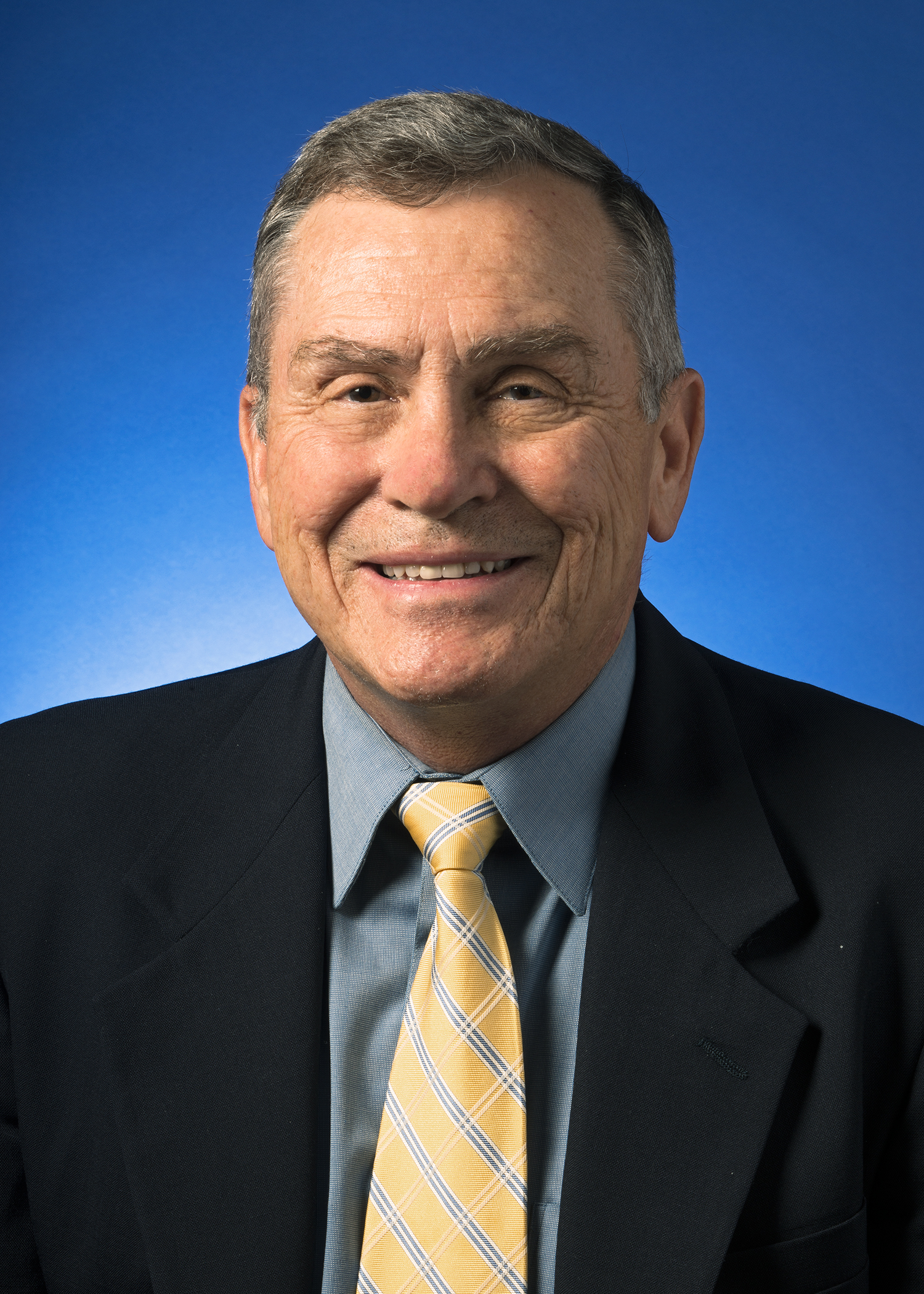Science magazine (Nov. 2018) reported on the research work of Michael McCormick, a medieval historian, along with several distinguished archaeologists and scientists. A mysterious dense fog covered Europe, the Middle East and much of Asia for 18 months beginning early in 536 A.D. At the time, Byzantine historian Procopius recorded, "For the sun gave forth its light without brightness, like the moon, during the whole year."
Average temperatures fell as much as 36 degrees Fahrenheit in the summer of 536, causing the coldest decade in the last 2,300 years. Snow fell that summer in China, and crops around the world failed, causing people to starve to death. McCormick points out during the following years, horrible plagues wiped out almost one-half of the remaining population of Europe.
From their studies of glacier ice samples, scientists now know that a huge volcanic eruption in Iceland early in 536 caused the fog that obscured the sun that year. The ash from the volcano reached the upper atmosphere, where prevailing winds carried it east and south over land.
We can learn from that horrible year in history. First, when we put it into perspective, life isn't so bad in 2021. Many people before us had it a lot worse, yet life went on. People lived and died, fell in love, pursued their passions, raised families and humanity persevered.
Second, we discount the role of our Creator far more than we should. In 2021, we arrogantly think we can do anything - put a man on the moon, develop a vaccine for a deadly virus in less than a year, harness the wind and sun to produce energy, and access unimaginable amounts of information within seconds. The incredible accomplishments of modern technology go on and on, and many elevate human accomplishment to the sublime, downplaying the role of God in human events.
Years ago, the atheist philosopher Voltaire quipped facetiously that in war God is always on the side of the strongest battalions. Today Elon Musk, among the world's richest men, if not the richest, says he believes humanity must colonize Mars to save itself from extinction. He plans to get his SpaceX rocket there by 2027. Who needs God when one has science and technology?
This arrogance is reflected by one of America's newest senators, Raphael Warnock, of Georgia. Warnock also serves as senior pastor of New Ebenezer Baptist Church in Atlanta, once led by Martin Luther King Sr. and his son Dr. Martin Luther King Jr. On Easter Sunday, Warnock tweeted, "The meaning of Easter is more transcendent than the resurrection of Jesus Christ. Whether you are a Christian or not, through a commitment to helping others, we can save ourselves."
Warnock says there is no higher principle to which we can aspire than "helping others," and that is more meaningful than the salvation offered us by Jesus Christ's death on the cross. Contrary to Warnock's rhetoric, the Bible is filled with the primacy of Jesus' death for our salvation. No lofty human accomplishment offers such forgiveness, hope and eternal life.
C.S. Lewis, author of "The Chronicles of Narnia" and one of the greatest Christian theologians of the 20th century, explained it this way: "All that we call human history - money, poverty, ambition, war, prostitution, classes, empires, slavery - [is] the long terrible story of man trying to find something other than God which will make him happy."
People alive in 536 had it tough. However, their descendants awakened from their "Dark Ages" to build the great cathedrals of Europe, write beautiful music and hymns, establish universities and create art that still inspires us. They built a foundation upon which Western culture is based. They were not "woke" to smash that culture into oblivion.
The difference? They had faith in a God that promises he is with us - in 536, 2021, and even to the end of the world.
Roger Smith, a local author, is a frequent contributor to the Times Free Press.

